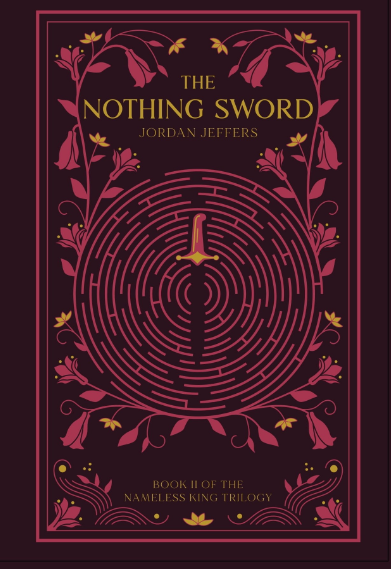Documentary review in one tweet
Experience the beautiful insanity of youth ballet from the comfort of your own living room. Also, a disgusting montage of injured feet.
Favorite Quote
"I guess that's flexible. It's pretty gross." - Rebecca Houseknecht, 17 year old ballet dancer, as she lifts her leg over her head to the point where it looks like her hip will immediately explode and send fragments of bone spraying around her house. Sorry to put that image in your head.

Review
At the highest levels, all sports are insane.
For most of my life, I assumed that money was the cause of sports insanity, that the professionals of the NFL, NBA, MLB, NCAA, PGA, etc, etc, were all nuts because of how much money was involved in their sport, and how much pressure that put on them to be the best.
But after watching First Position, it seems like this is true of even fringier sports like ballet, that there's something about being at the highest levels of anything that requires a kind of fierce and slightly crazy devotion, a devotion to what is, in the end, a physical performance based around an arbitrary system of rules. But this is all a bit intellectual. Let's look at the movie another way.
1. It is beautiful.
Bess Kargman, who directs First Position, somehow manages to find seven of the most beautiful people I've ever seen on screen, ranging in ages from 10 to 17. And yes, I'm aware it is odd for a 27-year-old man to call a bunch of kids beautiful, but that's really the only word that describes them. They hail from all over the world, as well, from Columbia to Maryland to Israel to Sierra Leone, and watching them dance is like watching Derrick Rose score. You want to cheer and cringe and gasp, all at the same time, because it looks like they are doing something that almost certainly has to destroy their body at any moment. The word beautiful is the only word I can use, and it still seems a little inadequate.
It also doesn't hurt that the movie includes the most adorable 11-year-old boyfriend/girlfriend couple in human history. Just watch it and tell me I'm wrong.
2. It is funny.
Mostly because of Jules Fogarty, a ten-year-old boy who is probably the only one who doesn't actually want to do ballet. His sister Miko is the real devotee, along with his mother Satoko, and so poor Jules gets dragged along with them, half-heartedly jumping and dancing his way through Swan Lake. He's probably best summarized in the following exchange, between him and his trainer.
Trainer: What part of ballet do you think you're best at, Jules?
Jules: Um, probably smiling
Jules is my favorite.
3. It is crazy.
Did I mention this earlier? I enjoyed this documentary thoroughly, but it pretty much guaranteed that my kids will never do ballet at the highest levels. Not only is the sport super time consuming (40 hours or more per week for some of the dancers) and expensive ($1500 - $2000 per tutu, $80 for a pair of ballet shoes that often wear out in a single day), but it is also incredibly harsh on the body. Most of the dancers had multiple injuries over the course of their careers, and the disgusting montage of feet I mentioned above is enough to keep my kid away from it all by itself.
The dancers all have different reasons for putting themselves through all this pain and expense. The big prize for the older dancers is a job with a ballet company; for the younger it's a scholarship to a prestigious school. But I can't believe those rather modest and uncertain rewards are enough to spur most of them through all the hardship. Mostly, I have to believe they do it because they love ballet, and because, again, they are a little crazy.
Final Rating
9 cold, frosty beers (out of 10)
Apart from Happy, this is definitely my favorite Netflix documentary so far. Every single one of the seven dancers has a different story, and all of them are fascinating. It also has a happy ending, which is an often underrated aspect of documentaries, which tend to be a bit depressing. It's worth your hour and a half.






